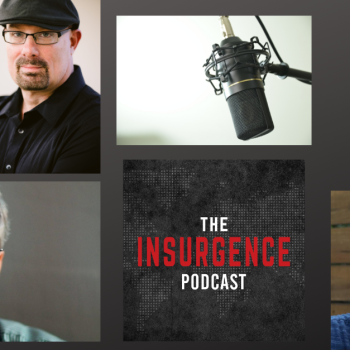Some might also wonder if this is not a story that is often repeated through history: youths cut loose from the strictures of home go off to sow their wild oats. Then some reality of life (getting married, having children, etc.) sobers them, sometimes literally. Perhaps these nihilistic, hedonistic drifters will settle down someday.
Lost in Transition closes with the most surprising chapter of the book, one that demonstrates how utterly uninterested most emerging adults are in politics. I have to confess that I felt some ambivalence about this chapter; greater political involvement is normally good for the republic, but comparing it to the disturbing sexual practices of the previous chapter seemed a jarring juxtaposition. And—may I say it?—I do not find it especially troubling that Smith's emerging adults do not vote, if they are truly ignorant of political news and issues, and unprepared to assess with any moral clarity the political challenges we face.
Judiciously, Smith and his co-authors offer almost no practical solutions to help today's teenagers become more ethically adept than this cohort of college age adults. Even his tentative proposals—better moral education in high schools?—seem nearly hopeless. But parents and pastors sure ought to think about a solution; the average American teenager's cultural diet of school, media, sports, and/or church is not preparing them to emerge as morally capable adults.





